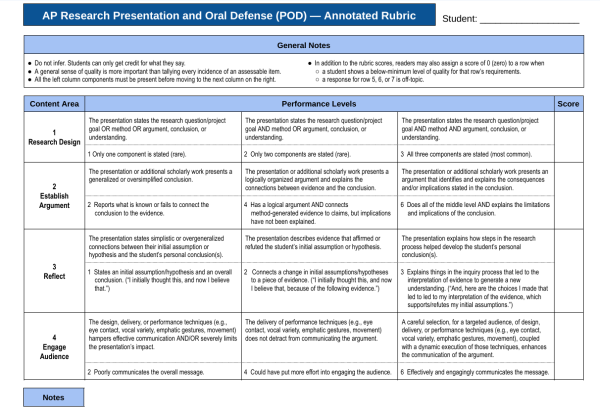What to Know Before Applying to College
As the Class of ‘23 approaches the May 1 college decision deadline, most seniors have already decided or are finalizing their future schools. Looking back, most of us can confidently say that we made many mistakes along the way—and learned many lessons. In an attempt to make this a smoother process for the Class of ‘24, I will be sharing some tips for both applying to colleges, including choosing which colleges to apply to, and choosing between multiple schools once you get in.
Choosing Colleges to Apply to
Be pragmatic. The chances you get into an Ivy League are literally 0%. You have a 1600 SAT score? Too bad. Princeton does not care. Of course, I am being pessimistic, but the point is you need to concentrate your resources and time. Even applying to 1 Ivy League—or schools like Georgetown, Vanderbilt, etc.—is a very time-consuming process that very likely comes with little reward. So if you are going to apply to schools of such caliber, it is important that you only choose a few. There are seniors who decided to stretch their resources and apply to ALL 8 ivy league schools, only to be rejected from every single one. It is not smart to apply to more than 10 schools. Even 10 is a lot. The stress of the college application process will likely cause you to have to rush at the last minute, resulting in lower-quality applications and fewer acceptances.
Making a Final Choice
If you end up with a few final schools to choose from, there are definitely some things to take into consideration. Perhaps the most important consideration for many people is best said by senior Ella Chapman, who is currently juggling between Sewanee and UofSC:
This is very true. Many seniors this year had to give up their top choices only because they could not afford to attend. This is the harsh reality. While it is true that many colleges will meet “100% of your demonstrated needs,” it is important to note that they calculate your needs. It is very likely that you will have some concerns about the amount of money you have to pay for college. Before you settle down, make sure to apply for as many scholarships as you can, and even try to appeal your initial financial aid offer. It is important to stay on top of your financial aid. Make sure to get your FAFSA submitted right when it opens on October 1, 2023, even if you are not trying to get federal aid. Maybe more importantly, make sure to get your CSS Profile submitted on time. This is done through the infamous College Board, and colleges use both the CSS Profile and the FAFSA to consider you for financial aid. Colleges have different deadlines for the CSS profile, and if you miss the deadline you will not be given priority consideration for financial aid, and it is likely they will reject your appeals. It is truly an awful process. Good luck!
Beyond money, your college decision should ultimately come down to your major, the type of people, the environment, and the long-term payoff. Before you make your final decision, make sure to visit the campus! It is fair to say that you will ultimately like a college more once you visit it. Make sure to visit all colleges that you are really considering before you commit anywhere.
It is extremely possible—even likely— that you end up somewhere that you never thought you would go! Make sure to keep an open mind, and trust that everything will work out.














Ella Chapman • Apr 21, 2023 at 11:47 am
yess don’t apply to 16 schools and don’t do portfolios it won’t end well periodt